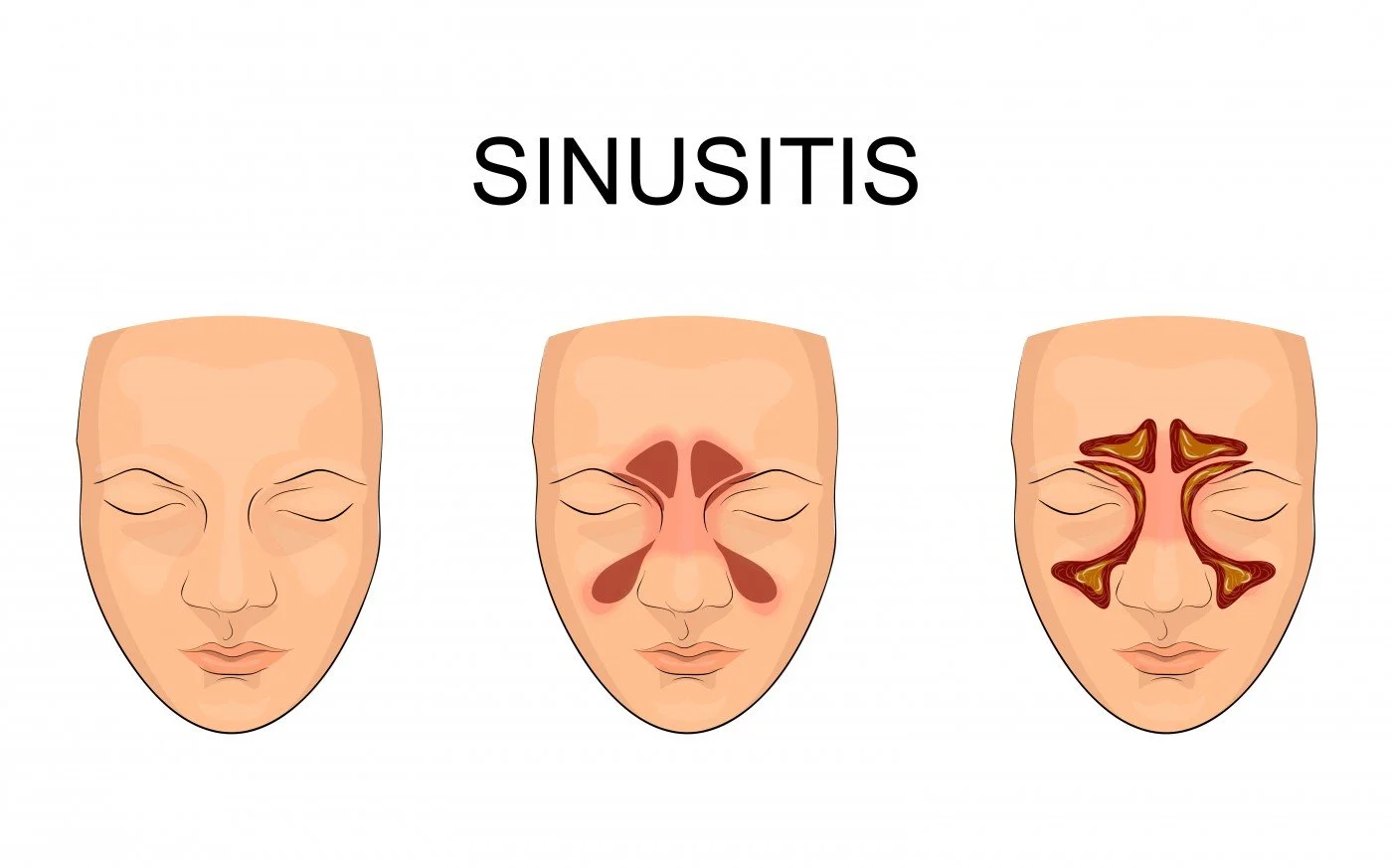In the quest for youthful and radiant skin, many individuals turn to cosmetic procedures to address signs of aging. While Botox has long been a popular choice, a growing number of people are embracing a more holistic approach with cosmetic acupuncture. In this blog post, we'll explore the reasons why cosmetic acupuncture may be a superior alternative to Botox.
1. Natural Rejuvenation
Cosmetic acupuncture works by stimulating the body's natural healing processes. Tiny needles are strategically inserted into specific acupuncture points, promoting increased blood flow and collagen production. This natural boost enhances skin elasticity and reduces fine lines, leaving you with a rejuvenated and more youthful appearance without relying on synthetic substances like Botox.
2. Holistic Wellness
Unlike Botox, which solely addresses cosmetic concerns, cosmetic acupuncture considers the overall well-being of the individual. Acupuncture has roots in traditional Chinese medicine, focusing on balancing the body's energy flow or Qi. By promoting holistic wellness, cosmetic acupuncture aims to address not only external beauty but also internal harmony, contributing to an overall sense of health and balance.
3. Minimal Side Effects
Botox injections involve the use of a neurotoxin to paralyze facial muscles temporarily. While it can produce immediate results, it comes with potential side effects such as bruising, swelling, and even headaches. Cosmetic acupuncture, on the other hand, is a non-invasive procedure with minimal side effects. Some individuals may experience mild redness or bruising, but these effects are generally short-lived compared to the potential complications of Botox.
4. Long-lasting Results
While Botox requires regular maintenance injections to sustain its effects, cosmetic acupuncture can offer longer-lasting results with consistent sessions. By stimulating collagen production and enhancing skin vitality, the benefits of acupuncture can continue to improve over time. This may lead to a more gradual, natural-looking transformation compared to the temporary fix provided by Botox.
5. Individualized Treatment
Cosmetic acupuncture is tailored to each individual's unique needs. Practitioners assess factors such as lifestyle, stress levels, and overall health to create a personalized treatment plan. This individualized approach allows for a more targeted and comprehensive solution to address specific concerns, offering a level of customization that may be lacking in one-size-fits-all Botox treatments.
In conclusion, cosmetic acupuncture presents a compelling alternative to Botox, promoting natural rejuvenation, holistic wellness, minimal side effects, long-lasting results, and personalized treatment. As the demand for more natural and sustainable beauty practices grows, cosmetic acupuncture stands out as a mindful choice for those seeking to enhance their beauty while prioritizing their overall health and well-being.
For more information or to book an appointment please text or call 0857349390 or email info@harmonydonegal.com or alternatively find us on facebook or instagram (click below)


